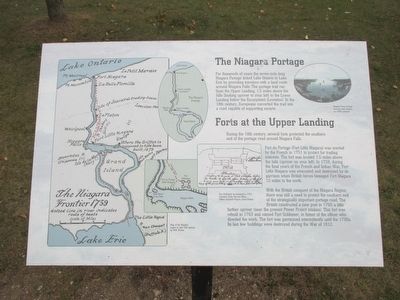Welcome to Attica, New York—a small village with a rich historical tapestry that has woven its way into the broader narrative of American history. Nestled in the western part of New York State, Attica may seem like a quiet village today, but its past is anything but silent.
Attica was officially founded in the early 19th century, with the first settlers arriving around 1802. These early pioneers were primarily farmers and tradespeople, drawn by the fertile land and the promise of a new life. The village was named after Attica in ancient Greece, perhaps an ambitious nod to the cultural and democratic ideals of that storied region.
As we move through history, one of the most notable events associated with Attica is the infamous Attica Prison Riot of 1971. The Attica Correctional Facility, built in the 1930s, became a focal point of national attention when inmates took control of the prison in a bid for better living conditions and political rights. The four-day standoff resulted in tragic losses when state troopers stormed the facility, leading to the deaths of 43 people. This event highlighted the urgent need for prison reform and has since been a pivotal moment in American criminal justice history.
In its early years, Attica was a bustling hub due to its strategic location along important transportation routes. The arrival of the railroad in the mid-19th century further cemented its role as a key player in regional trade and industry. This era of prosperity is still evident in some of the historic architecture that dots the village, offering a glimpse into the past.
Throughout its history, Attica has been home to a number of notable figures. Among them was Charles G. Finney, a leader in the Second Great Awakening, a religious revival movement that swept the nation in the 19th century. Finney’s influence in religious circles extended far beyond Attica, contributing to a larger cultural shift in American society.
Today, Attica continues to thrive as a community that values its rich history. The village is home to several historical sites and annual events that celebrate its past, such as local fairs and heritage festivals. While the village may have evolved over time, its commitment to remembering and honoring its history remains steadfast.
As you explore Attica, consider how its stories and struggles fit into the larger American narrative. Whether you are walking the quiet streets or passing through by car, remember that this small village has played a significant role in shaping the social and cultural fabric of the nation.



